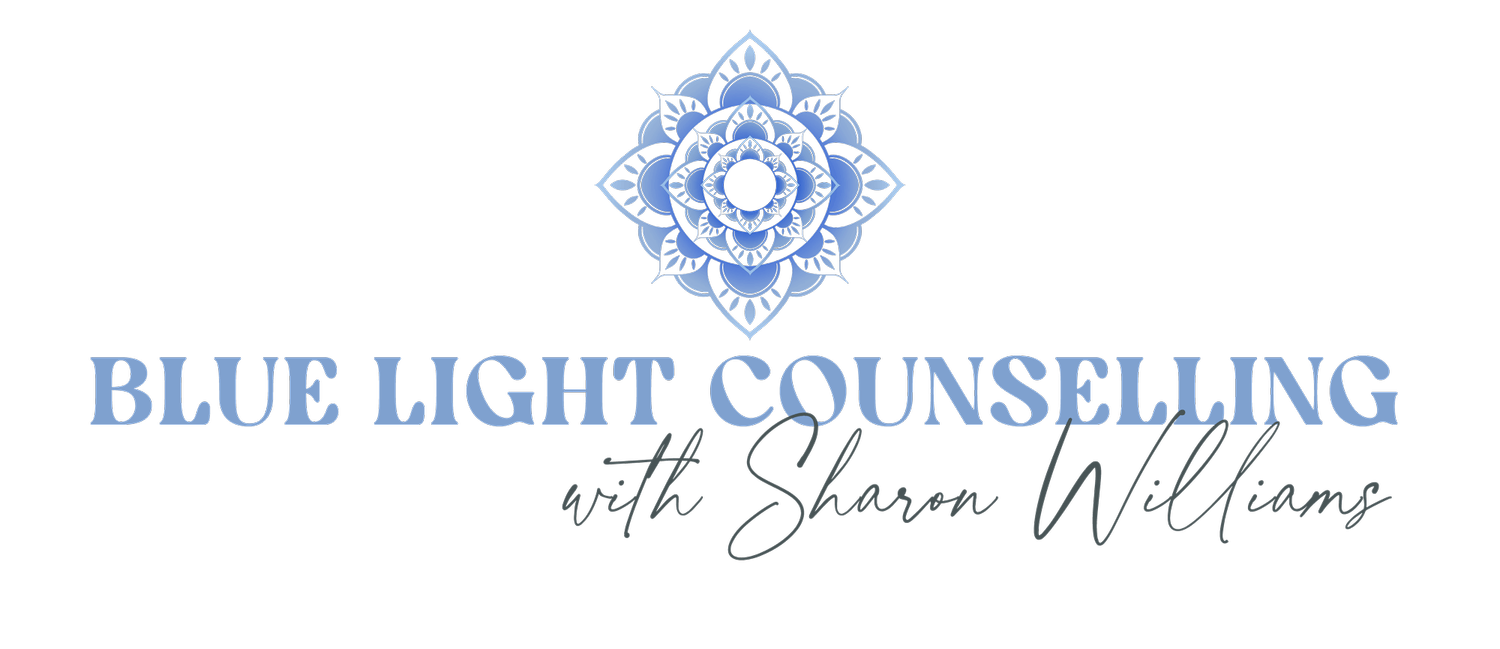Uncovering the Lingering Mental Effects of Dealing with Trauma
How Does Trauma Affect Our Mental Health?
Trauma, in its various forms, can leave an indelible mark on your psyche. The experiences of distressing events that you may attend every day as members of our UK emergency services, such as accidents, domestic abuse, or death, just to name a few, can have far-reaching effects on your mental wellbeing.
Dealing with trauma requires immense strength and resilience and you have that in bucket loads, but the process can still be arduous and complex, especially given the volume you are working with. In this blog, we will explore the profound and lasting mental effects of trauma and shed some light on the importance of understanding, empathy, and support for those navigating the path to dealing with the effects of trauma.
The Ripple Effect of Trauma
When you experience trauma the impact often reverberates through different aspects of your life, for me in particular, it was when I was trying to drift off to sleep, it would all come flooding back in vivid visualisations in HD and Dolby Atmos for good measure. The effects then manifest in various ways, including emotional, psychological, and behavioural changes. Sometimes, in my dreams, I would see people I recognised being involved in various incidents, including children. It can be relentless.
One of the most common mental consequences is the development of post traumatic stress disorder (PTSD), which is characterised by intrusive thoughts, flashbacks, nightmares, and heightened anxiety to list just a few of the symptoms. You may find you also struggle with depression, anxiety, substance misuse, or forms of self-destructive behaviours as coping mechanisms.
The Emotional Rollercoaster
Dealing with trauma can create an emotional whirlwind that can engulf you and your life. Emotions fluctuate between extremes, ranging from intense fear, anger, and sadness to numbness and detachment. You may become hyper-vigilant, always on edge, and you may experience difficulties trusting others. These emotional disruptions can strain personal and professional relationships, for example: loved ones may find it challenging to understand and support what is happening to your constantly shifting emotional state.
Cognitive and Behaviour Changes
Trauma can have profound cognitive and behavioural effects. You may experience memory problems, have difficulty concentrating and decreased abilities to problem solve. You may also develop negative self-perceptions, distorted beliefs, and feelings of guilt or shame. Consequently, you might engage in avoidance behaviours, isolating yourself from triggering situations or memories.
Have you ever found yourself not responding to your radio as quick as you could be?
Do you dread being first on scene and fear what you’re going to discover upon arrival?
Do you make yourself ‘busy’ so you’re unable to attend?
Are you seeing things that are triggering you and doing your best to hold your sh!t together?
It's important to note that trauma affects each of us differently and some people may resort to self-harm or exhibit risky behaviour as maladaptive coping mechanisms.
Don’t be afraid to ask if they’re ok… you might just save their life.
The Road To Recovery
Recovering from trauma is a highly individualised process that requires patience, support, and professional help. Counselling therapy can be instrumental in addressing the affects of trauma. Building a strong support network and fostering healthy coping mechanisms are also essential. Self-care practices like exercise, mindfulness, and creative outlets can help the healing process and contribute towards your wellbeing.
The mental effects of dealing with trauma are complex and can be far reaching. You may battle with a myriad of emotional, cognitive, and behavioural challenges that impact your daily life and relationships. It is crucial for society to cultivate empathy, understanding, and resources to support those on their healing journey. By removing the stigma of trauma and prioritising mental health, we can create an world where you will feel empowered to seek help and reach out for the support you need.
We each have our roles to play to make talking about our mental health as important as our physical health. It starts here and now. If you or someone you know could use a little helping hand through the tough times, please reach out.
Blue Light Counselling is here to serve all UK emergency service workers.
Whatever your rank, whatever your role, past and present.


